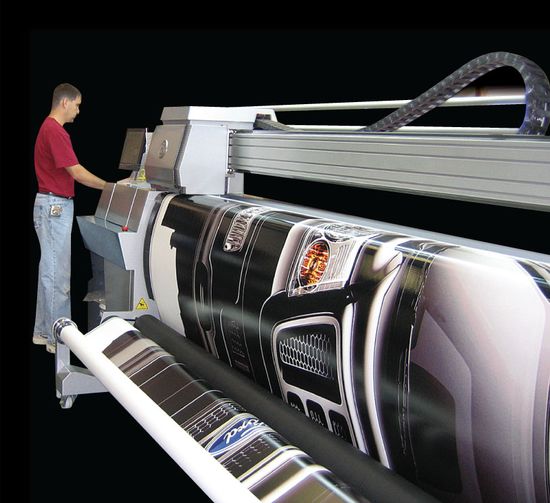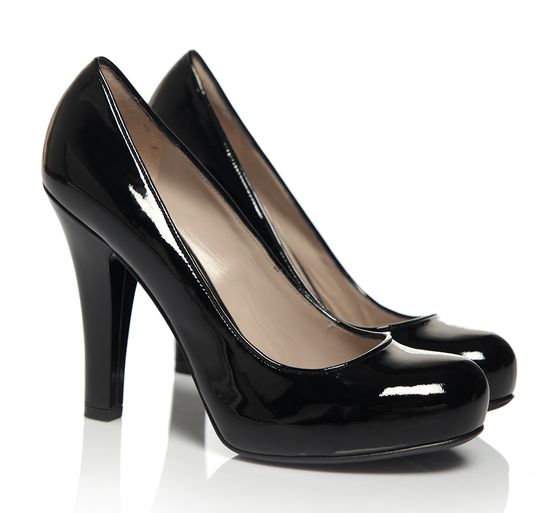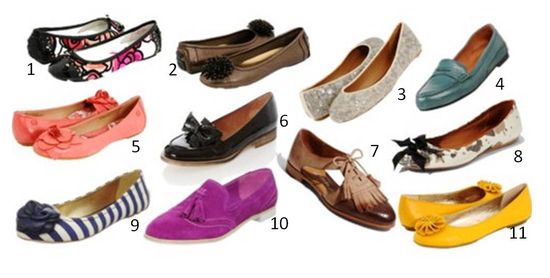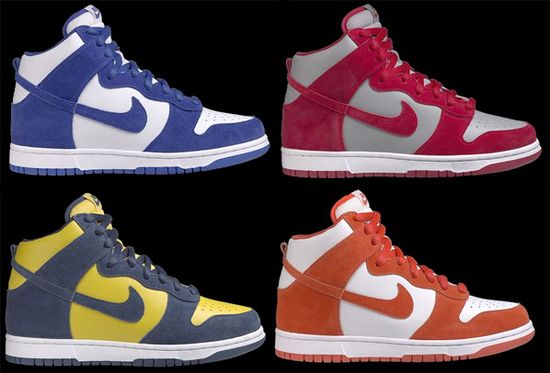If you are interested in becoming a wholesale printer, you need to realize that this is a highly competitive and constantly evolving industry that requires a great deal of commitment and research in order to generate the most beneficial outcome and profit margin.
In the late 15th century, the printing press was developed in Europe and perhaps no one truly realized the evolution that would occur the minute printed materials became readily available. Today’s common use of wholesale printing companies definitely evolved from the enlightenment that occurred when mass printing first became available.
Because competition is fierce, and thanks to electronic file transfer methods, there is no longer a guarantee that local companies will choose you as their wholesale printing company. This is not to say that everyone will look to non-local printers for bids on their printing, but large companies who are driven by cost-saving measures will most likely try to find the best possible price.
There are many types of printing methods available today, and the technology is ever-evolving. Because wholesale printers frequently offer not only finished project printing, but also design services, a wholesale printer will generally need to provide optional design services. Utilizing outside designers may or may not prove cost-effective depending on the volume of design work requested by clients. But, printing is the main business of a wholesale printer.
Printing options range from LaserJet printers, to large scale printing presses with expensive computer interface software. The price can range anywhere from a few hundred dollars into the millions of dollars range. Quite honestly, the right type of equipment depends on the type and amount of printing that a printer will be producing.
A common area of specialization for wholesale printing is office stationary, including business cards. For these types of printed material, often a LaserJet printer will suffice and provide a high-quality, low cost print of the requested materials. However, some wholesale printers work in cooperation with direct-mail advertising companies that produce high color, large quantity orders of postcards, flyers, etc. for direct mail purposes. When a wholesale printer begins to accept these types of projects, it is probably time to upgrade to a press printer and to save that Laser Jet for smaller projects.
Because competition is rough in wholesale printing, and because most customers shop online for wholesale printing needs, it is definitely most important to pay attention to current rates and delivery timeframes. Estimation of these two things can win or lose you potential customers. Most people expect to receive business cards in a few days, and when ordering them from a wholesale printer they do not expect to pay much for the product. Wholesale printers have setup and overhead costs, and if you are going to become a wholesale printer, you will need to know what these costs are. There is a cost associated with using the services of a designer, and that cost may be substantial for some projects depending on the time required. There is a cost to operate the printing equipment, a cost for the ink or toner and a cost for the paper. All of these costs must be passed on to the customer in order to generate a profit; however it’s a matter of finding the right balance in fees. It is very advisable to investigate what other wholesale printers are charging, and the types of projects they are producing. If you can determine the type of equipment they use, and where they are located, you should find out as much as you can.
Wholesale printing is one of the few businesses that can afford to be completely online. Many wholesale printers do not offer a storefront. Rather they handle their orders and quotes electronically though a website. This can substantially decrease operational overhead costs, because you only need to operate when you have projects to be completed.
It is important to stay current on technology – and to stay aware of the business practices of other printers in order to maintain your competitiveness.





































